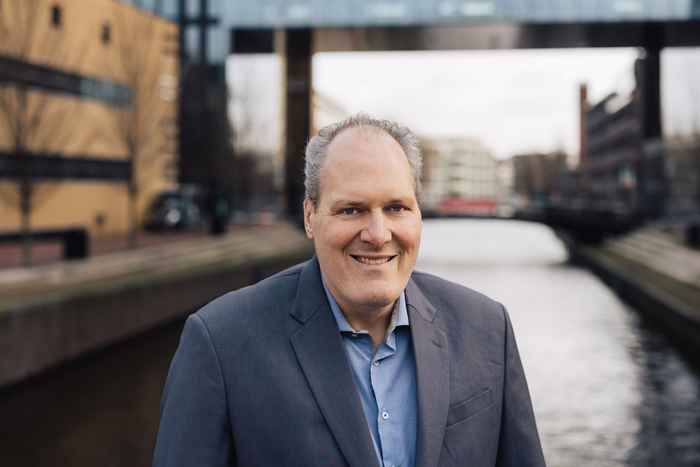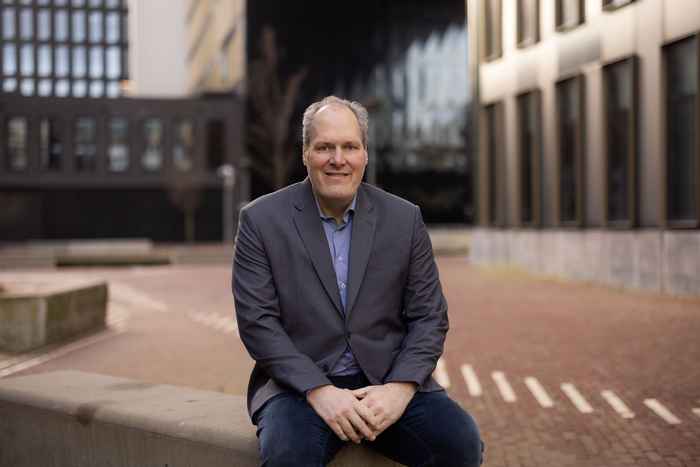‘Virtual Reality and apps can make a big difference for children who require mental health care’
Dr Jeroen Legerstee to be appointed professor by special appointment of innovative treatment of children and adolescents with obsessive-compulsive and anxiety disorders
27 February 2024

Legerstee has already carried out multiple studies into innovative treatments: ‘Prior research has shown that the use of VR can be very useful in the treatment of children. For example, VR can be used to get children accustomed to the hospital environment in which they will later undergo surgery before they even get there. These children required less alleviation of pain following surgery than children who had not had this VR experience.’ The goal is to further develop this method into an app, so children at home can prepare for surgery even more easily.
Practising in a safe environment
VR also offers opportunities for symptoms of anxiety. Together with colleagues from both Levvel and UvA, including PhD candidate Wendy van Vlerken and co-supervisor Luuk Stapersma, Legerstee is also researching the effects of Virtual Reality for treating children with selective mutism. Children with this condition are able to talk but often do not do so at school, for example, because of anxiety. These children will only talk in environments they consider safe, such as at home. Legerstee: ‘A treatment protocol already exists, but VR could be a great addition to this: children can practise talking in a virtual simulation of a classroom in the presence of virtual teachers and children, all from the safety of their home.’
I want to make mental health care accessible for children and adolescents with mental disorders who currently find themselves on waiting lists.
Waiting lists
Legerstee’s motivation for getting to work with this chair is also due to the long waiting lists in the health care sector. ‘There are a lot of young people with mental health problems, which in some cases has led to long waiting lists. Since the COVID pandemic, the number of young people with such problems has skyrocketed. This is another reason why I want to make mental health care more accessible. Digital aids like this can already help young people while they are still on waiting lists, for example.’

About Jeroen Legerstee
Jeroen Legerstee is a mental health care psychologist and training to be a clinical psychologist. Alongside his research, Jeroen also works as a therapist for children and adolescents. Before this, he worked at the child and adolescent psychiatry department of the Erasmus MC Sophia Children’s Hospital. Legerstee has been studying innovative treatment methods, such as Virtual Reality, chatbots, e-health and health care-related smartphone apps, for some time now.